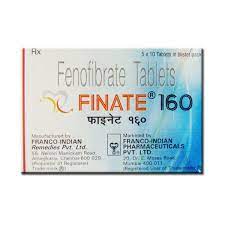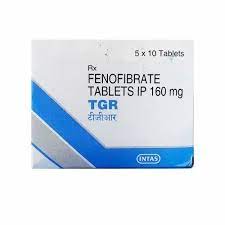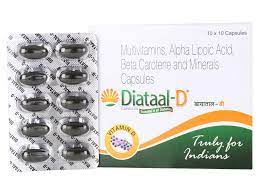lipicard FENOFIBRATE
Introduction to lipicard
Lipicard is a medication primarily used to lower high cholesterol and triglyceride levels in the blood. It is available in tablet form and helps reduce the risk of heart disease and pancreatitis. Lipicard contains the active ingredient Fenofibrate, which is effective in managing lipid levels.
Composition of lipicard
Lipicard contains Fenofibrate as its active ingredient. Fenofibrate belongs to a class of drugs known as fibrates, which work by increasing the breakdown of fats in the body. This helps in lowering "bad" LDL cholesterol and triglycerides while increasing "good" HDL cholesterol.
Uses of lipicard
- Lowering high cholesterol levels
- Reducing high triglyceride levels
- Decreasing the risk of heart disease
- Preventing pancreatitis
Side effects of lipicard
- Common side effects: stomach pain, nausea, headache
- Serious side effects: liver problems, muscle pain, allergic reactions
Precautions of lipicard
Regular liver function tests are recommended while taking Lipicard, as it can cause liver problems. It may also increase the risk of muscle problems, especially when used with statins. Do not take Lipicard if you have severe liver or kidney disease, gallbladder disease, or are allergic to it.
How to Take lipicard
The usual starting dose of Lipicard for adults is 145 mg once daily, taken with food. Your doctor may adjust the dose based on your response and any side effects. Always follow your doctor's specific dosing instructions for the correct way to use Lipicard.
Conclusion of lipicard
Lipicard, containing Fenofibrate, is a therapeutic medication used to manage high cholesterol and triglyceride levels. It is manufactured to help reduce the risk of heart disease and pancreatitis. Always follow your healthcare provider's instructions when using Lipicard to ensure optimal results and safety.
Available in 2 variations

strip of 10 capsules

strip of 10 tablets













.svg)
